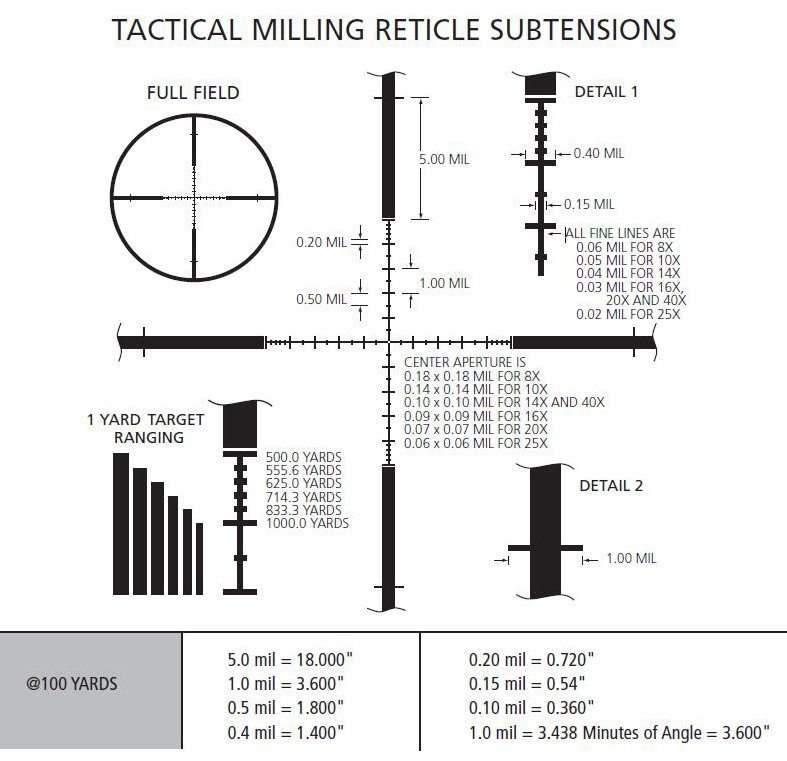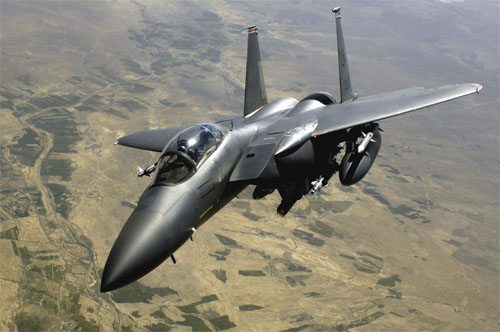As the North Korean nuclear issue took a new, dangerous turn on Monday, RIA Novosti sought out the opinion of Douglas H. Paal, vice president for studies at the Carnegie Endowment for International Peace. Paal also served on the National Security Council staffs of presidents Reagan and George H.W. Bush between 1986 and 1993 as director of Asian Affairs. He was also a senior CIA analyst.
What has allowed North Korea to act in the way it does?
The accumulated mistakes of successive administrations to understand that the North Koreans really want to have a nuclear weapon and that they are not prepared to trade it away. There are honest disputes among many people about whether or not North Korea was at one time or another time willing to trade its nuclear weapons. But I think that now, since 1990 through 1994, despite agreements that Clinton had as well as the various agreements under president Bush, it is now very clear that North Korea wants a status very similar to India, where they obtain recognition of their right to retain nuclear weapons, but otherwise normalize relations with their neighbors and the United States.
So what is the solution to the problem: the six-party talks, or something else?
The six-party talks are probably the only mechanism that, if there was a desire by Pyongyang to reach a solution, could provide the means to solve it. However, the situation has deteriorated to the point now where the six-party talks have been rejected by the North and I think China would have a very hard time getting the North Koreans back to the six-party talks. And to answer your fundamental question, I think we need to see some kind of change in North Korea. They currently have a powerful domestic motivation for what they are doing and we need to see domestic motivations adjusted in order to get them to take seriously the concerns of their neighbors and the United States.
Would it be right to say that as long as Kim is in power nothing will change?
That appears to be the case. Because it is a one-man leadership he can change things anytime he wants to. Now, they appeared to be focused on the succession arrangements, they are rapidly promoting the young son, they are creating arrangements around that son to have a kind of regency, in case Kim dies. To back him up they need the support of the military…and to demonstrate their importance to the country’s survival. The nuclear missile capabilities appear to be at the heart of that.
Do you think North Korea poses a real threat or is it just a political game that they are playing?
I am a little different from some observers, because I think the threat is very small. North Korea lacks the industrial capacity to build large numbers of long-ranged missiles. They will not be able to build so many weapons as to become a strategic factor in the region. But I have to acknowledge that they do pose a threat to South Korea both through short-range missiles, and the possibility of using the nuclear weapons in the South, even though there are just a few, or artillery from the North to the South. That would be the end of the North regime if they were to attack the South, but they still have that capacity. Moreover, they may force the Japanese to reconsider their very modest defense program. The Japanese have the capacity to move to a nuclear weapon, I do not think they will, but they certainly can. Certainly, politically Japan will debate whether or not move to a nuclear weapon in the short term because of this development in North Korea. And they do feel threatened by the North Korean short-ranged missiles and nuclear weapon. But as I said, North Korea is an industrial midget and not really in a position to pose a large-scale threat to the neighborhood.









